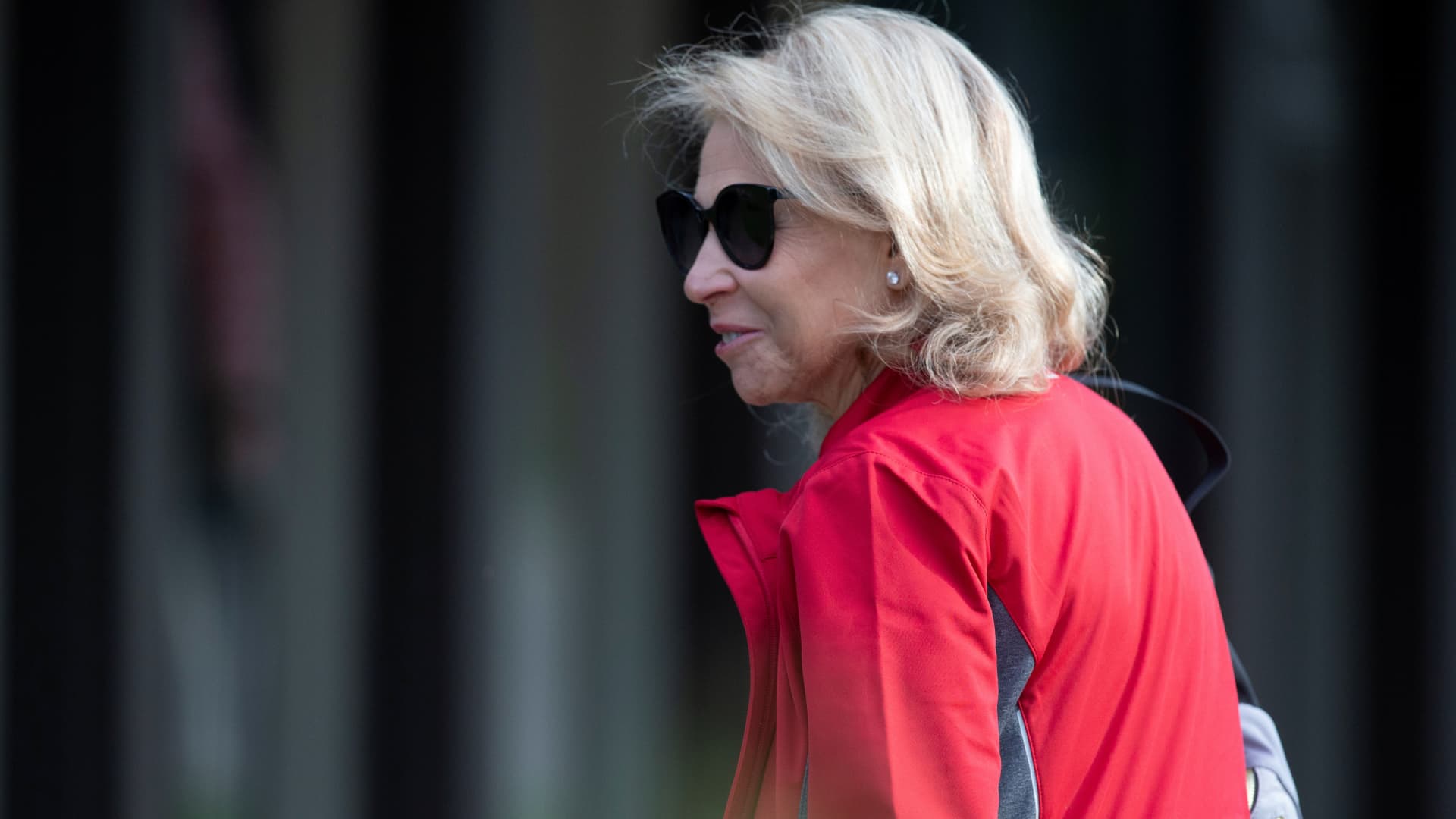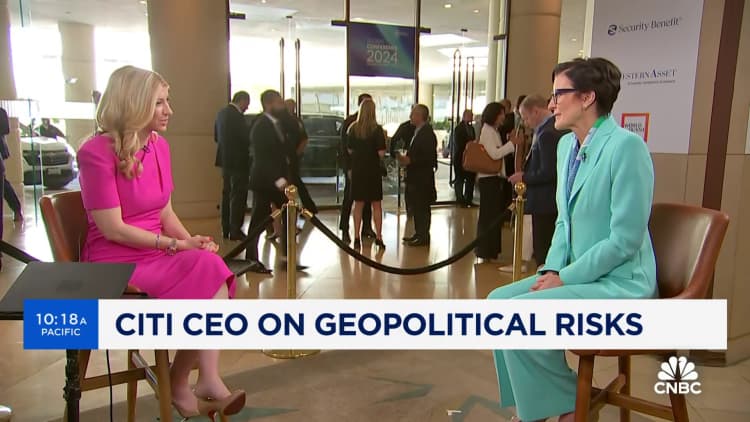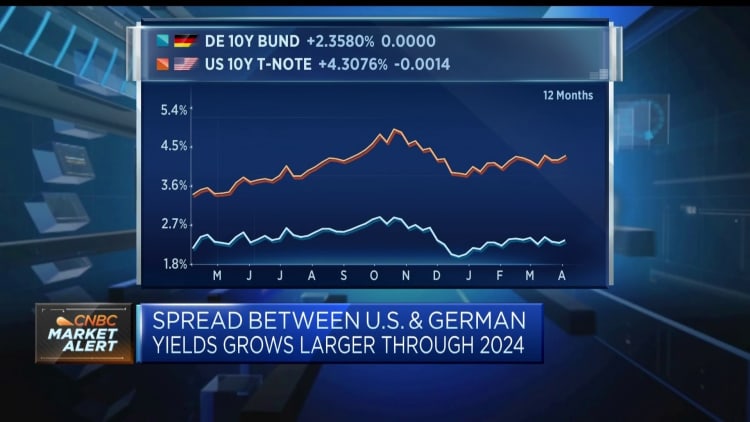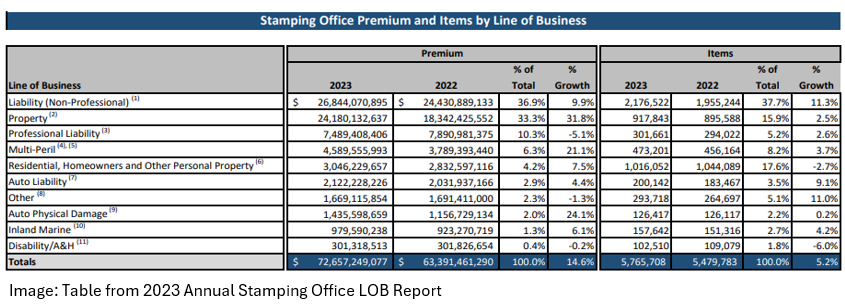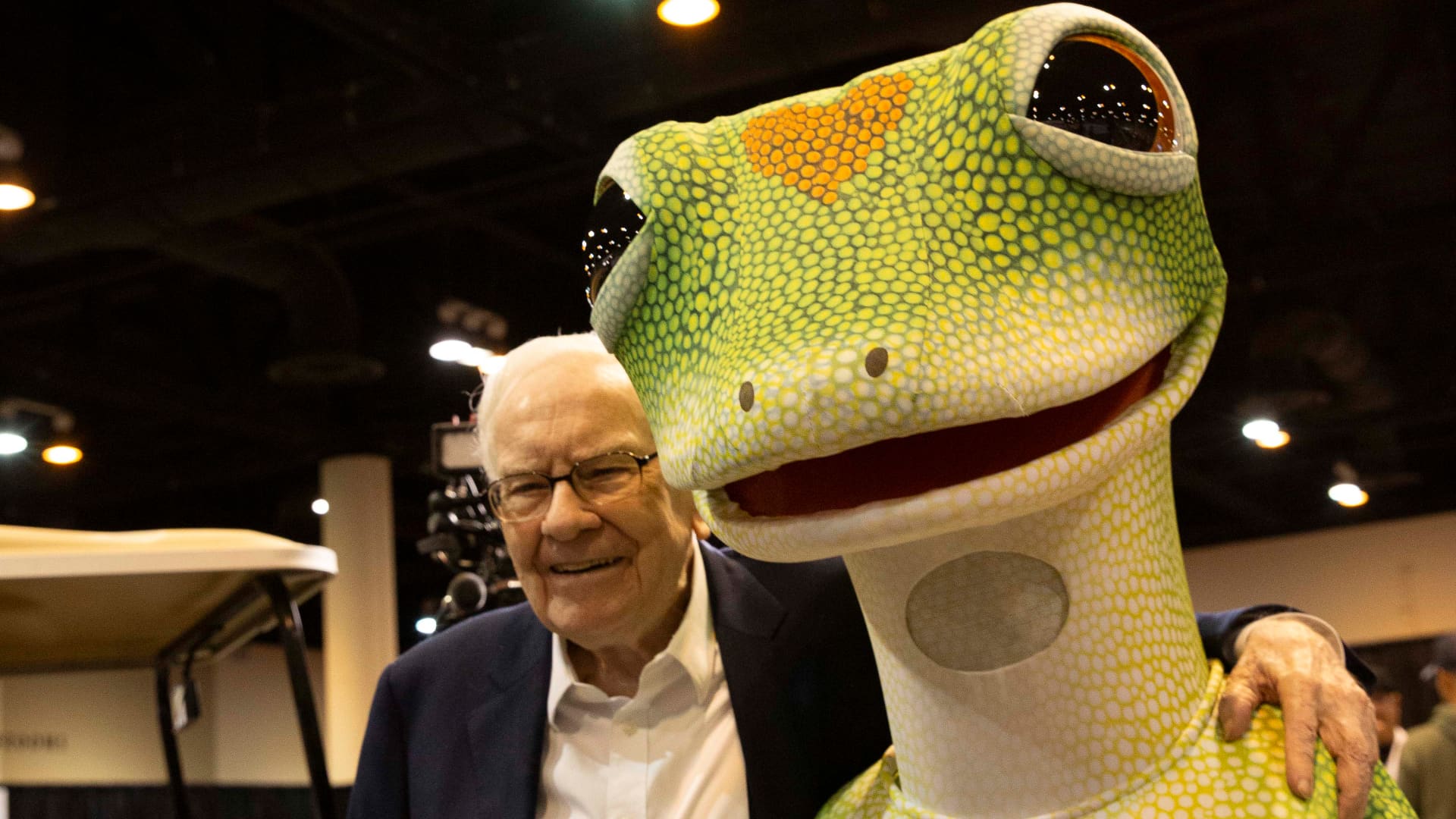Paramount Global and Skydance Media are making progress on a deal that would merge the media companies and buy out controlling shareholder Shari Redstone, people familiar with the matter say.
Paramount Global’s special committee, which is responsible for accepting or rejecting deals, and David Ellison’s Skydance Media, backed by private equity firms KKR and RedBird Capital Partners, are narrowing down the question of how and how much the assets of Skydance will be valued in a merger. Equity would be added to the company as part of a recapitalization, the people told CNBC.
The sides are close to agreeing on a value for Skydance, said the people, who asked not to be identified because the discussions are private. The entertainment company would be valued at about $5 billion and would merge with Paramount Global, it said. Skydance CEO Ellison and the private equity firms plan to raise about $4.5 billion to $5 billion in new equity, the people said; Part of that — about $2 billion — would be used to pay Redstone, and another significant portion would be used to pay down debt.
The buyers would prefer to complete the deal in May, people said. Three of the people said Paramount Global was slow to provide data to the Skydance consortium during due diligence, slightly pushing back the timeline for a deal. The exclusivity window for merger talks ends May 3, but the Skydance consortium wants to extend it by two weeks, the people said.
Skydance plans to name Ellison as CEO of Paramount Global and former NBCUniversal CEO Jeff Shell as president, two of the people said. Paramount’s current CEO, Bob Bakish, will be leaving the company, the people said.
Separately, private equity firm Apollo Global Management and Sony have held preliminary discussions about collaborating on a deal that would buy out all of Paramount Global’s shareholders at a premium, according to people familiar with the matter. The special committee has not received specific details about the offer and does not consider it a competitive offer to Skydance, two of the people said.
Still, the committee had more details about an initial offer from Apollo, which it ignored in favor of exclusive discussions with Skydance, one of the people said. The special committee favored Skydance’s offer over Apollo’s in part because it offered shareholders future upside by keeping the company public with a cleaner balance sheet, the person said.
Spokespeople for Apollo, the special committee of Paramount Global, Paramount Global and the Skydance consortium declined to comment.
Last big hurdle
Paramount Global’s renewal agreement with Charter Communications for CBS and its cable networks remains a major hurdle. That deal is relevant to Paramount Global’s value, which could take a hit if Charter abandons the networks or agrees to a lower carriage rate, the people said.
The deadline for this agreement is April 30th. Paramount Global reports first quarter results a day early, on April 29th.
Paramount Global continues to rely on its traditional TV business, which accounts for about two-thirds of the company’s total revenue.
There are signs that Charter could prove to be a tough negotiator with Paramount Global: Last year, the cable provider, the second-largest in the U.S., briefly stopped carrying Disney’s networks when renewal negotiations between those two companies collapsed. The parties reached an agreement ten days later.
Paramount’s cable networks are far less popular than Disney’s ESPN, which could put Bakish in a weak position.
The timing of the renewal and contract negotiations created an awkward dynamic in which Bakish, who would ultimately leave the company in a Skydance merger, will control Paramount Global’s fortunes with Charter.
To date, Bakish has consistently signed renewal deals with major pay-TV distribution partners since taking over as CEO, dating back to his time leading Viacom starting in 2016.
Bakish has privately opposed the Skydance deal because it dilutes common shareholders, people familiar with the matter say. Several Paramount Global investors have also publicly written letters to the company’s board urging directors not to move forward with the Skydance deal, arguing that it will give Redstone a huge premium for their majority stake and leave common shareholders out in the cold .
Under the terms of the deal, nearly 50% of the company would be owned by Skydance and its private equity partners, CNBC reported April 5. The remainder of the company would be owned by common shareholders and the company would continue to be publicly traded.
“At Paramount, we are always looking for ways to create shareholder value. And to be clear, this applies to all shareholders,” Bakish said during his company’s most recent conference call in February.
Disclosure: Comcast is the parent company of NBCUniversal and CNBC.
Source link
2024-04-25 21:14:50
www.cnbc.com

